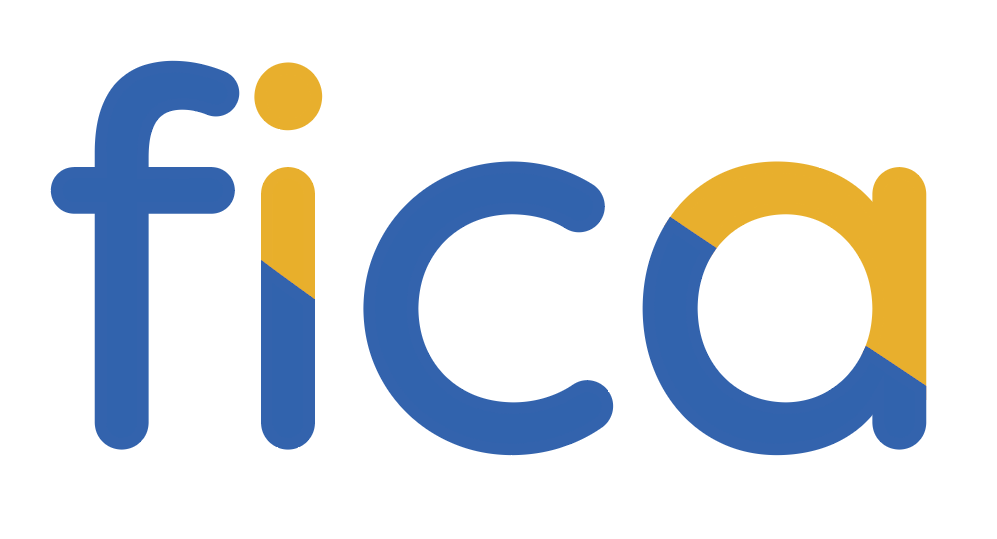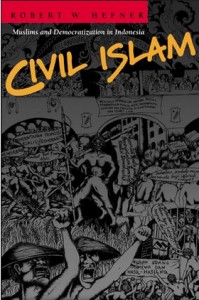2002 Discovery Trip (DT) was a hit. As a result, a lot of people signed up to participate for the 2003 DT. However, once the topic was announced, a lot of people became disinterested and even cancel. The topic for the 2003 DT was “Pluralism and Syariah Islam”. The participants were complaining about the materials they needed to read before DT and skipping the pre-DT discussions. During the DT, the discussion had no depth and lack of focus. Consequently, the participants did not understand the thinking and strategy, which were DT objectives, of the visited organizations. After the DT, the participants felt drained instead of energized. We had no clues on the big picture let alone the strategy of these organizations both Muslim and Christian.
It was such a different atmosphere in the 2002 discovery trips, where the participants were more committed to the DT. What went wrong? On the surface, nothing had been changed. The programs were still packed in 3 days. The guides were the same and the number of participants was almost the same. However, the 4th DT participants could not personalize the experience, the information, and the relationship developed with the met parties. Majority of the participants took DT as information gathering trips rather than part of personal journey to engage in the battle of ideas and deeds for the soul of Indonesia.
Popular Book Describing the Influence of Islam in Indonesia’s History
We learn that personalization of the DT topic matters. We would invest more resources if we have personal stake. The participants of this DT were mostly students, while those in the previous DT had been actively engaged in human rights arena and in worldview studies. This particular DT topic, “Pluralism and Syariah Islam” was hard to be connected to the daily life of students. They were still grasping what it means to be Christian in the context of student life. The effect of implementation of Syariah Islam on development of Indonesia as a nation was the last thing in these guys mind.
Because the participants had no experience in discussing society and culture matters, the level of dialogue was in “learning” mode. These participants wanted to learn rather than analyze and eventually judge the worldview of the met parties. And they did pick up a lot of new information both facts and emotions from the DT. The emotional information in the form of positive and negative feelings with certain group of the met parties is worth a lot. The positive feeling, such as connected, togetherness, and brotherhood, between the DT participants and the met parties with Muslim background will eventually lead to collaboration; while the negative feeling could protect them from harm.
We learn two important points from this DT. We learn that the topic should be personal to the participant. We would be more enthusiastic and invested if it matters for us now and in the future. Secondly, we learn that we need to hone our listening skills. We were thought how to read and write, but never how to listen. For example, when we were dealt with situation that challenges our thinking or beliefs, sometime we still treated the situation as learning opportunities. In that situation, we should switch our mind to start evaluating the information and aligned them with our core belief. The more interviews and the wider the topic is from our comfort zone, the faster we will obtain this skill. DT provides this opportunity in a very safe environment so that nobody would fail.

